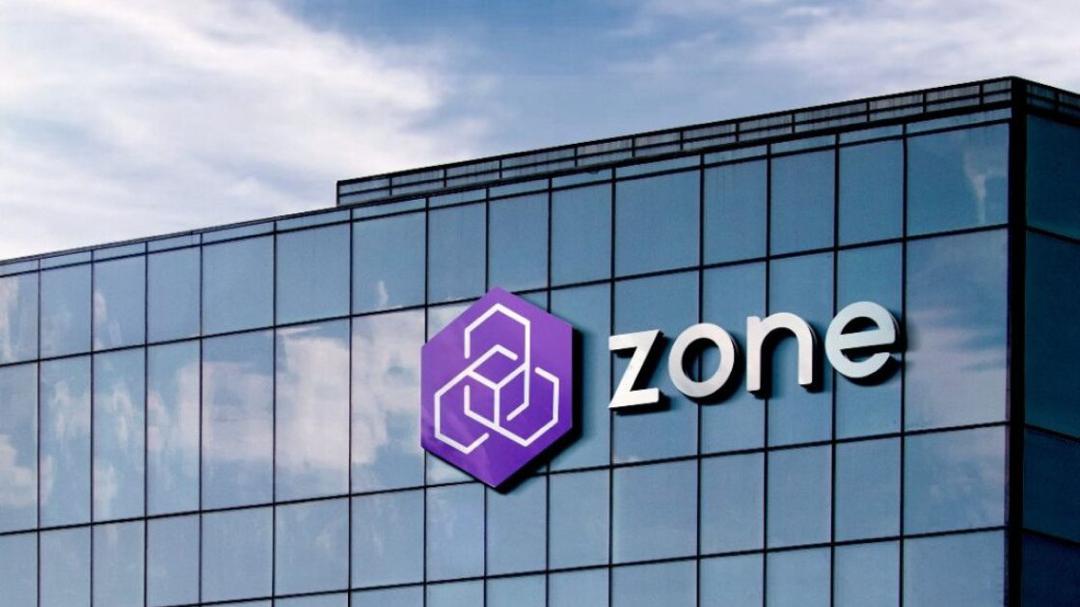Baxi, FairMoney, and KongaPay join Zone’s decentralized payment network
These fintechs follow the steps of other notable Nigerian tradfi banks in implementing Zone’s blockchain-based payments processing network

Blockchain-based payments processing company, Zone Network, has announced that three Nigerian fintech companies have joined its decentralized payment network. This brings the number of Nigerian traditional finance companies utilizing Zone’s blockchain-based payment processor to 24.
The details
- Per a press release from Zone, Baxi by Onafriq, FairMoney Microfinance Bank and KongaPay are the latest additions to the system.
- They join prominent Nigerian financial institutions including First Bank, UBA and Zenith Bank as players in Zone’s peer-to-peer payment settling infrastructure.
- Zone announced that the new additions will benefit from its direct transaction routing, allowing for settling transactions with other network participants without third-party involvement.
Key quote
- Obi Emetarom, CEO and co-founder of Zone said:
“We are excited to welcome Baxi, FairMoney, and KongaPay to our network. Their integration is an important step in our journey to advance the payment landscape in Africa and beyond.”
How it works
- Zone Network, built on the Hyperledger Fabric, utilizes decentralized ledger technology (DLT) to act as a payments switch among financial institutions in Nigeria.
- Unlike traditional payments switches which are centralized, Zone allows the participants in a transaction to relate and settle payments in a peer-to-peer manner.
- In an earlier discussion, Ematarom told Mariblock that Zone deploys a node at the participating banks in the network.
- As such, transactions between the nodes — banks, in this case — on the Zone network are settled and reconciled on-chain, bypassing a central switch.
- Given that blockchain allows the participants of a network to maintain an identical and immutable ledger, failed transactions are easily traced and rectified.
- In addition, in cases of failed transactions, a digital copy of the receipt is kept on-chain so both parties can see the status of the transaction.
- This helps the system to identify payment errors and automatically reverse them without the consumer needing to complain to their bank.
Key background
- In 2022, Zone received a payment switching and processing license from the CBN, establishing it as a regulated blockchain network for processing payments.
- The company launched its blockchain-based Point of Sale (PoS) payment gateway in June, expanding to other types of transactions having first started with ATM transactions alone.
- Major banks including First Bank, UBA, and Zenith Bank joined Zone’s decentralized payment network in July.
Why this matters
- Traditional banks and financial institutions in Africa are looking at deploying blockchain technology in certain aspects of the services they offer.
- Last year, Mariblock reported that notable South African traditional bank, Absa, initiated a system to issue blockchain-based digital letters of credit to its users.
- Similarly, South African ‘big four’ bank, First National Bank, started to use the technology to issue digital title deeds.
- Experts told Mariblock that this development from a big bank such as FNB could increase the likelihood of more tradfi banks going the decentralized route.
- CEO of the blockchain analytics platform, Riskbloq, Nzwisisa Chidembo, told Mariblock;
“Such developments [as the FNB’s blockchain solution] pave the way for future blockchain adoption. However, it is highly likely that the progress will be gradual and cautious with a focus on use cases that make sense or bring utility within the tradFi arena.”



